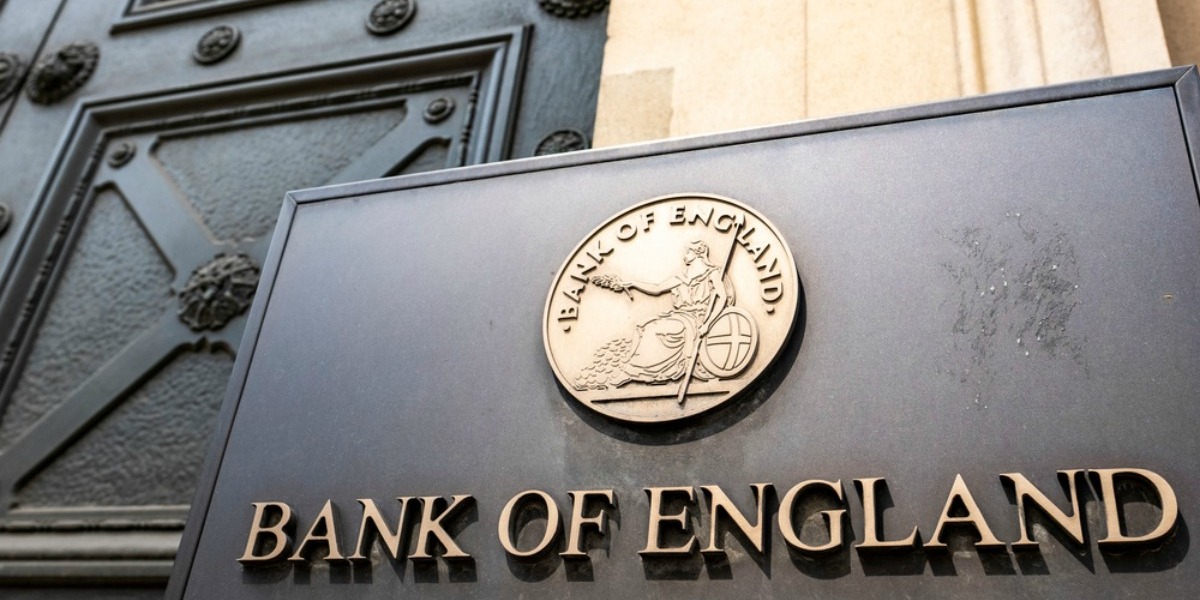Bank of England set to open alternative liquidity facility to support UK Islamic banks
LONDON - The Bank of England is set to open its alternative liquidity facility in January 2021 in a move to support the country’s domestic Islamic lenders, according to a senior official.
In a speech on Wednesday (Dec 2), Andrew Hauser, Executive Director, Markets at the UK’s central bank said that the alternative liquidity facility will provide UK Islamic banks, as well as other UK banks with formal restrictions on engaging in interest-based activity, with greater flexibility in meeting high quality liquid assets (HQLA) requirements, enabling them to hold a reserves-like asset in a non-interest based environment.
The alternative liquidity facility, or ALF, will be structured as a wakalah or fund-based facility. Participating banks’ deposits will be backed by a fund of assets, the return from which, net of hedging and operational costs, will be passed back to depositors in lieu of interest.
Hauser said the ALF will grow with the UK Islamic bank sector. “[And] it will be well placed to exploit the growing diversification of available HQLA-eligible sukuk assets,” he added.
Over the coming months, the Bank of England will finalise legal documentation, complete operational testing and begin the on-boarding process for eligible applicants, said Hauser, adding that firms should expect to commence this work from January 2021.
Until recently the UK’s domestic Islamic banks have faced challenges in efficiently managing their liquidity because the Bank of England deposit facility was interest-based and there was no Shariah-compliant liquidity management facility. They were also unable to invest in gilts (UK government bonds) or interest-bearing reserves accounts at the central bank.
As a result, British Islamic banks had to structure their business in costly or inefficient ways, for example by holding large stocks of non-interest bearing cash, or limiting their offerings of short-term deposits.
“Once operational, the ALF should help put the UK Islamic finance sector on a more level footing with the rest of the market, giving firms here greater flexibility in meeting their liquidity requirements, and helping them to compete with conventional peers while staying true to their founding principles,” Hauser said.
The ALF has been in the pipeline for some time. In 2015, the central bank conducted a feasibility of establishing a standalone non-interest based facility. It followed up in 2016 by consulting publically on its options and then in 2017 to fine-tune its approach.
Adding to the ALF, Hauser said the central bank has long advocated the risk-sharing merits of GDP-linked instruments, which could be packaged in sukuk form. He said that together with HM Treasury and the Financial Conduct Authority, the Bank of England recently announced a high-level working group to consider ways to foster a longer-term financial markets culture to support productive investment.
(Reporting by Hassan Jivraj; Editing by Emmy Abdul Alim emmy.abdulalim@salaamgateway.com)
© SalaamGateway.com 2020 All Rights Reserved
